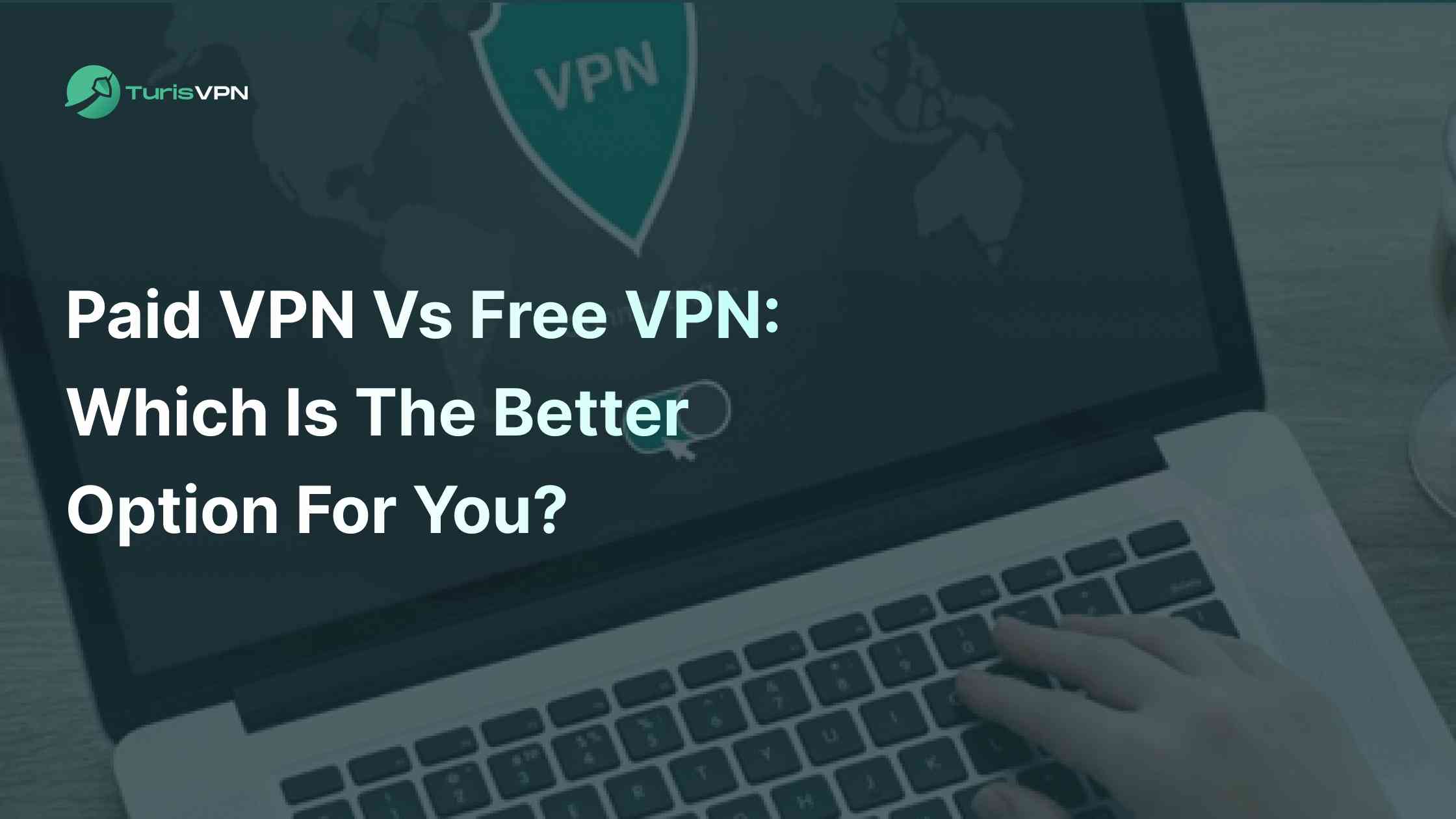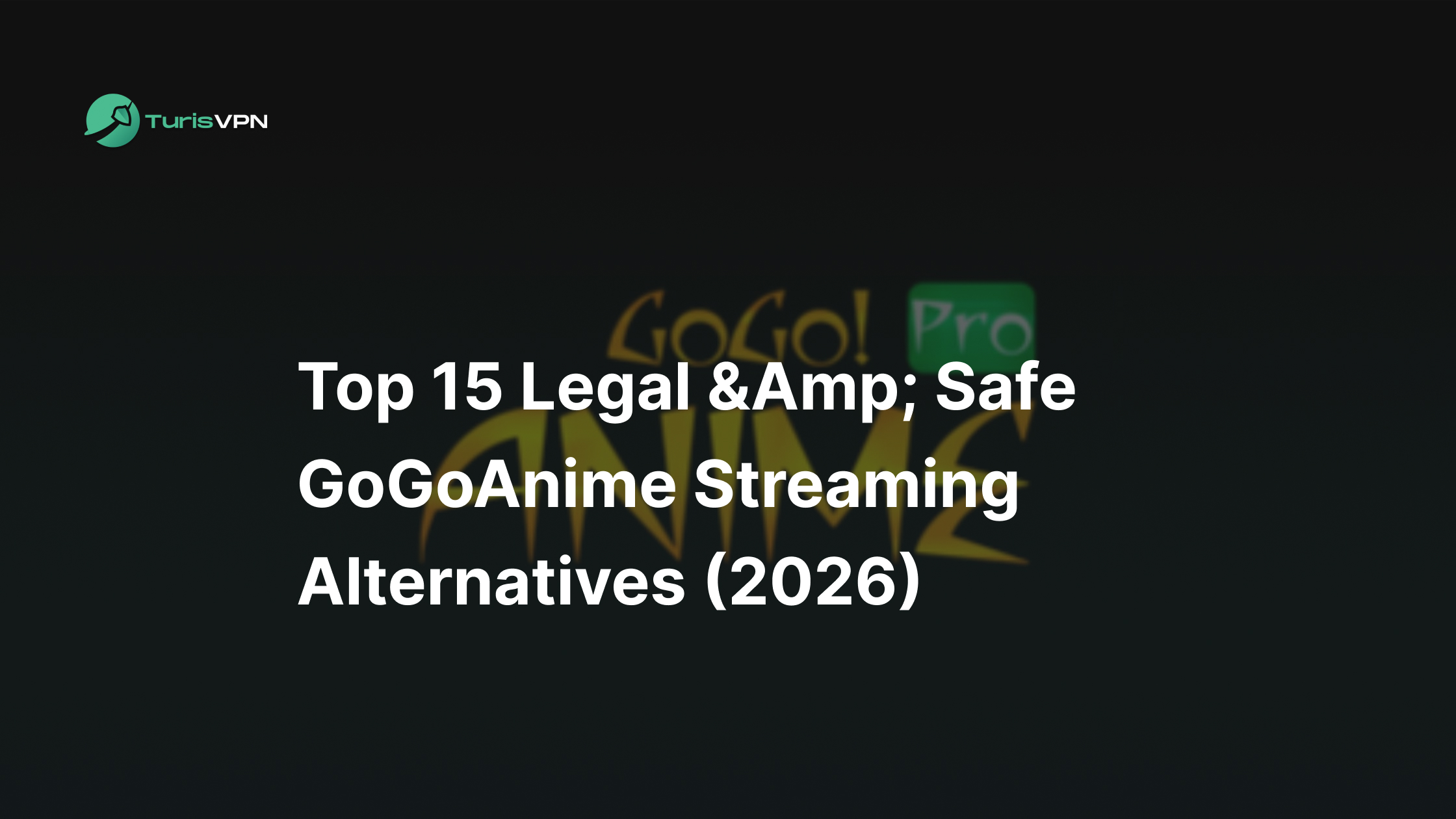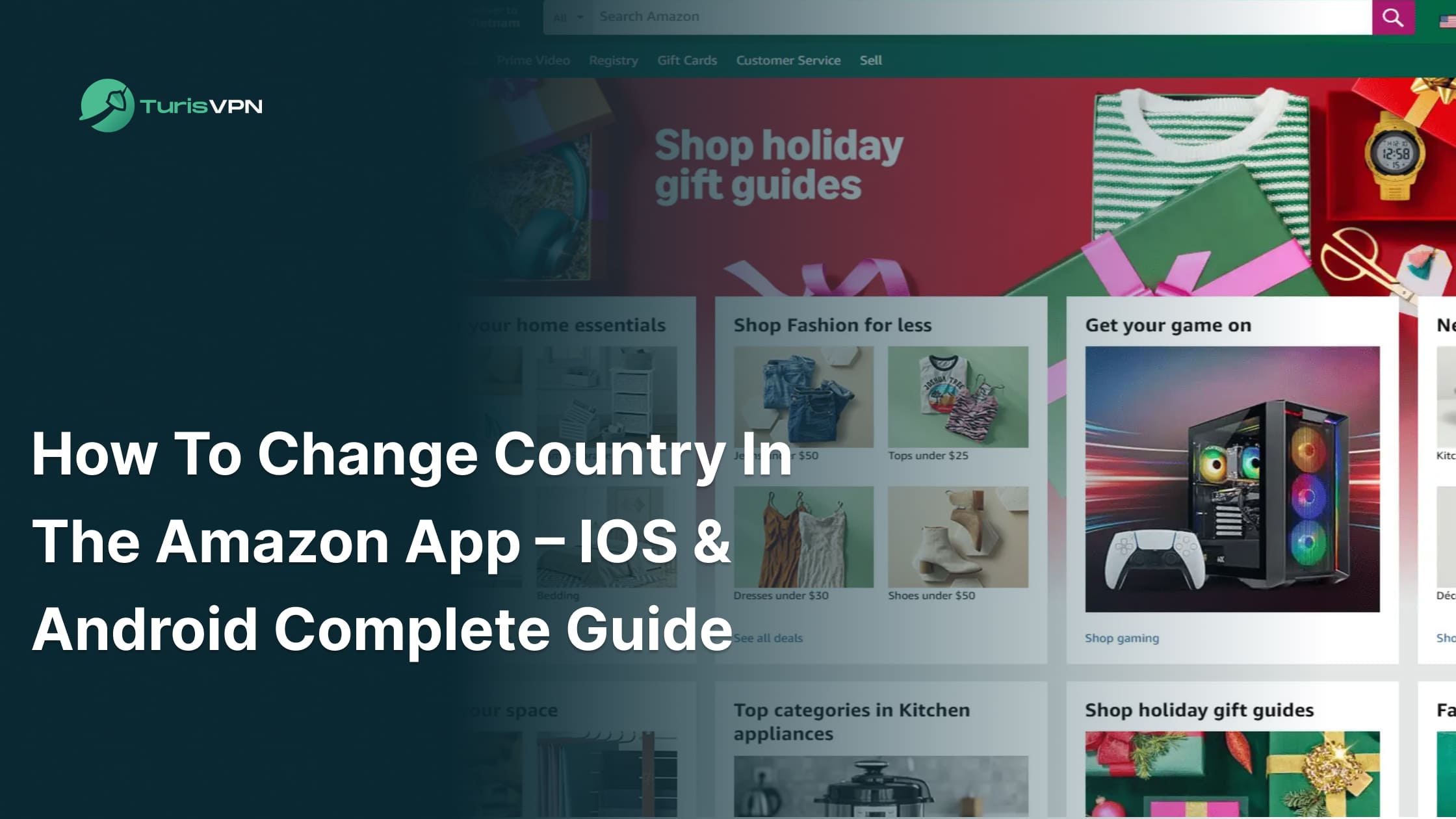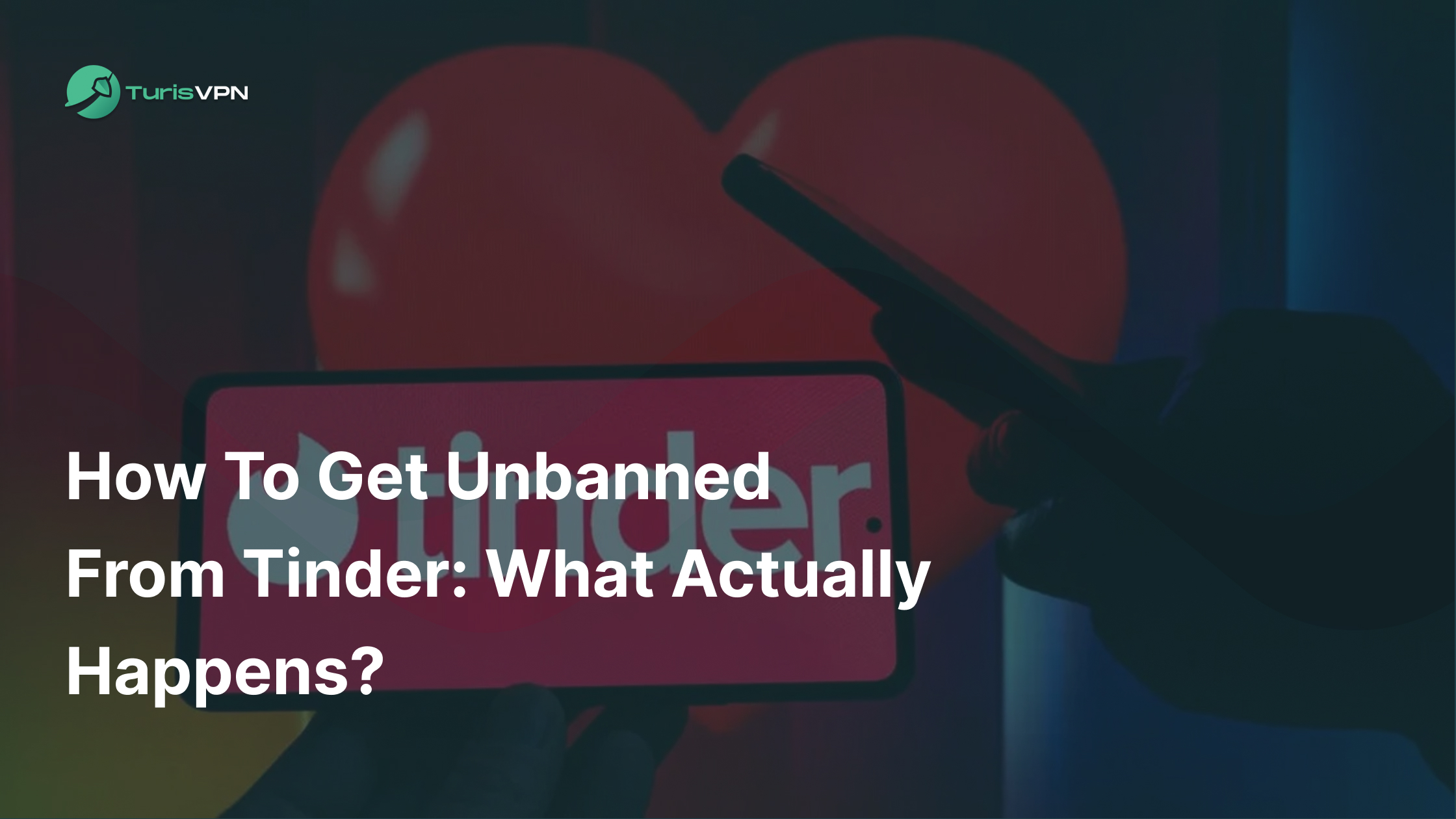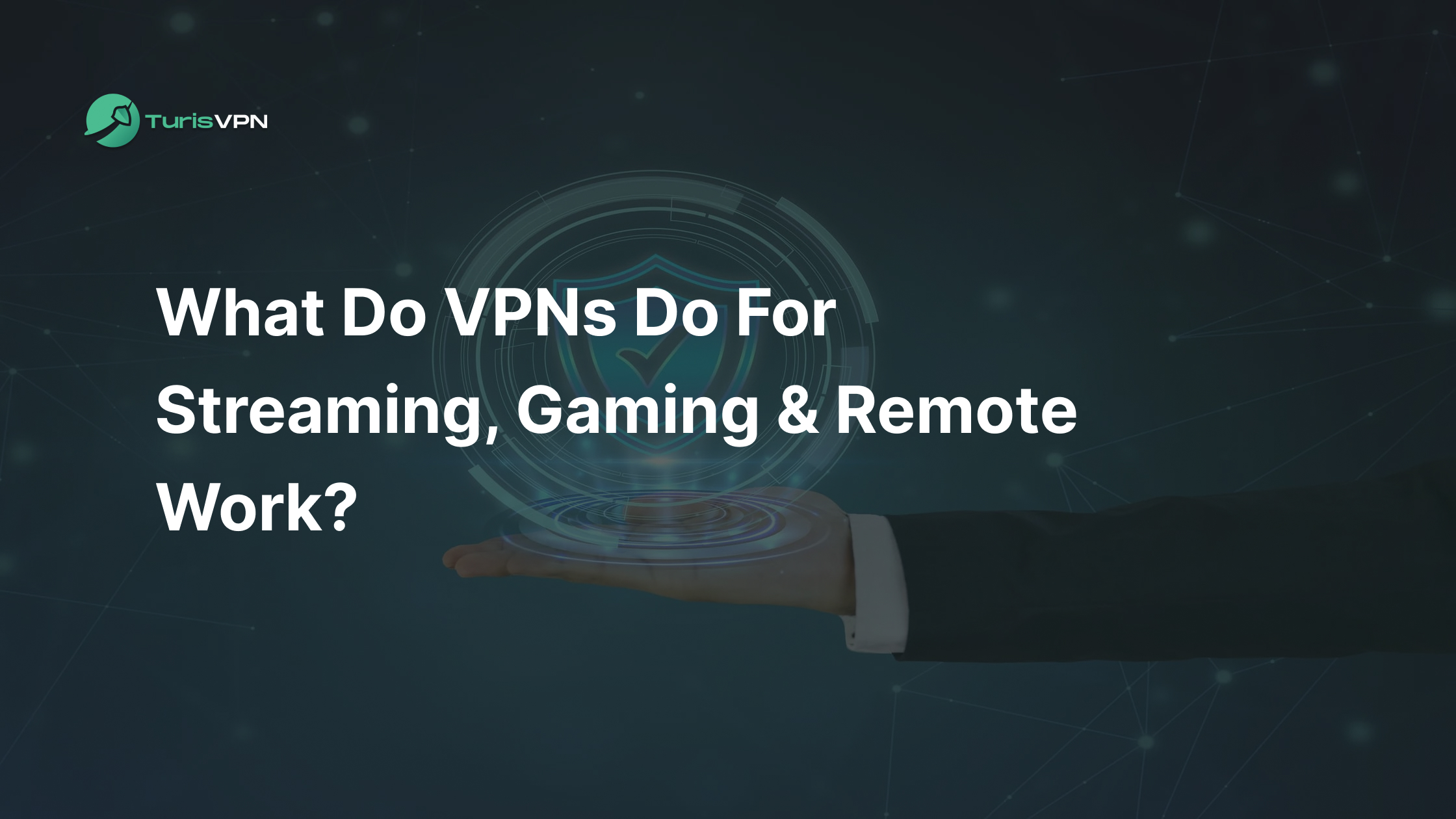When it comes to staying safe online, using a VPN has become a must. But with so many options out there, it can be hard to know where to start. Should you go for a Paid VPN vs Free VPN? While both promise to protect your data, they each have their own advantages and disadvantages.
In this blogpost, we’ll break down the key differences between free and paid VPNs, so you can make an informed decision on which is the right choice for your needs. Whether you’re a casual surfer, a gamer, or someone who values online privacy, we’ll help you find the best VPN to keep your connection secure and your data private.
Key Takeaways
- Free VPNs provide basic protection but come with limitations like slower speeds and fewer servers.
- Paid VPNs offer stronger security, faster speeds, and more advanced features for serious privacy protection.
- Free VPNs often generate revenue by selling your data or showing ads, compromising your privacy.
- Paid VPNs are better for activities like streaming and gaming, offering access to more servers and content.
- TurisVPN offers both free and premium plans, with the premium plan providing enhanced features and security for a low cost.
What Is Free VPN?
A Free VPN is a Virtual Private Network service that allows users to browse the internet securely without paying for the service. It encrypts your internet traffic and hides your IP address, helping you protect your privacy while online.
While free VPNs provide basic features like encryption and geo-restricted content access, they often come with limitations compared to premium services. These limitations include fewer server options, lower speeds, and potential security risks.

Who are free VPNs for?
A free VPN is ideal for occasional users who only need basic privacy features. If you’re someone who occasionally uses public Wi-Fi or needs temporary protection for light browsing, a free VPN could be enough.
It’s also suitable for individuals who don’t mind limited server locations or slower speeds. However, if you’re looking for more consistent security and access to global content, a free VPN may fall short.
How does free VPN make money?
Free VPNs typically generate revenue through methods that might affect your privacy. Since they aren’t charging users for the service, many free VPNs sell aggregated data to third-party advertisers, use ads in their apps, or track your online activities to create user profiles.
This is how they can afford to offer VPN services at no cost, but it comes with a trade-off in terms of your personal privacy.
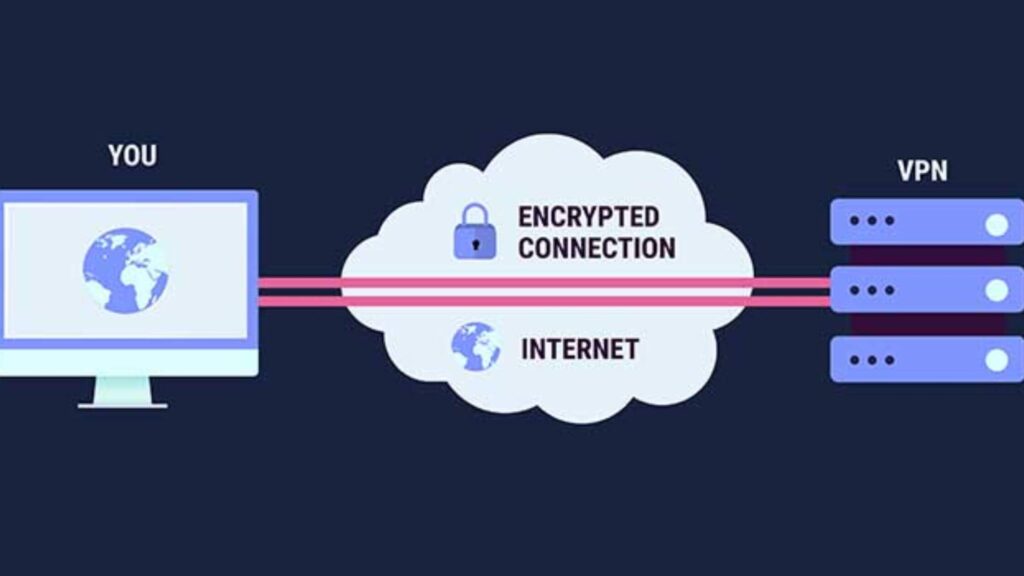
Pros and Cons of free VPN
Pros:
- Free of charge: The most obvious benefit is that it doesn’t cost you anything.
- Basic privacy protection: Encrypts your internet connection, offering some level of anonymity.
- Easy to use: Most free VPNs have user-friendly apps and setups.
Cons:
- Limited servers: Free VPNs typically offer fewer server locations, which limits your ability to access geo-restricted content.
- Slower speeds: With more users sharing limited servers, speeds can be much slower than paid services.
- Weaker security: Many free VPNs use weaker encryption, which could leave you vulnerable to cyber threats.
- Privacy concerns: Some free VPNs collect and sell your data, compromising your privacy.
What Is Paid VPN?
A Paid VPN is a premium Virtual Private Network service that offers enhanced features, stronger security, and faster speeds than free VPNs. With a paid VPN, users pay a subscription fee to access a more robust, secure, and reliable service.
In addition to strong privacy protection, a paid VPN often includes extra features like malware blocking, kill switches, and split tunneling, making it the go-to option for those seeking reliable, high-performance VPNs. If you’re serious about online security and privacy, a paid VPN is the best choice.
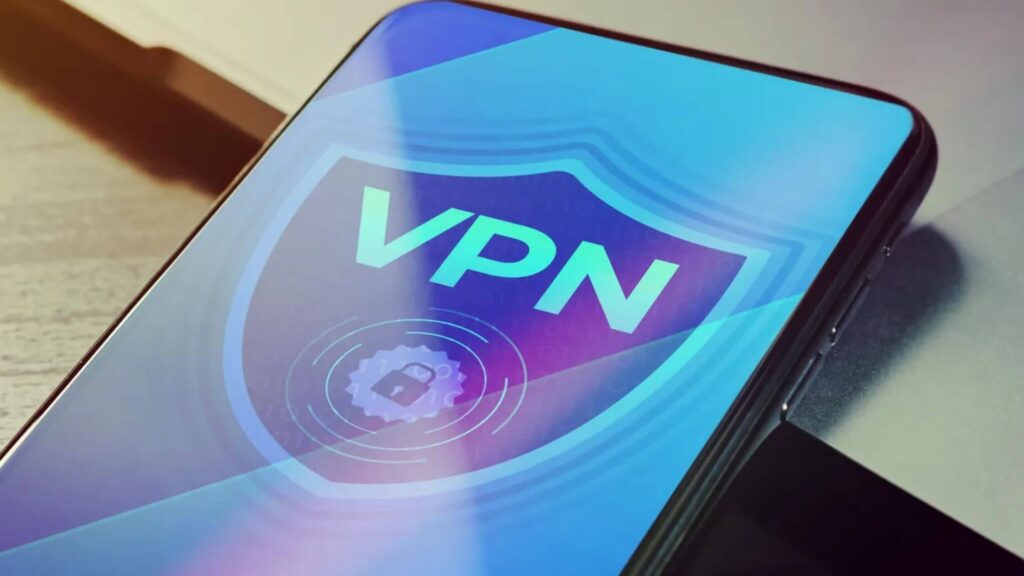
Who are paid VPNs for?
A paid VPN is best suited for users who need reliable, high-speed internet with strong encryption, and who are serious about protecting their privacy online. It’s ideal for:
- Frequent travelers who need to access content from their home country while abroad.
- Streamers and gamers who want to bypass geo-blocks and enjoy buffer-free streaming or smooth gaming experiences.
- Business professionals who require secure connections for remote work, protecting sensitive data on public networks.
- Users prioritizing privacy who want to ensure that no data is logged or shared with third parties.
Why is paid VPN better than free VPN?
A Paid VPN offers many advantages over free alternatives, including:
- Stronger Security: Paid VPNs offer better encryption protocols (like AES 256-bit) and advanced security features, making them more reliable at protecting your data from hackers, surveillance, or malware.
- Faster Speeds: Since premium VPNs have a higher server capacity and fewer users sharing servers, they provide faster speeds, which is crucial for activities like streaming and gaming.
- More Server Locations: Paid VPNs give you access to a wide range of global servers, allowing you to unblock geo-restricted content like Netflix, BBC iPlayer, and Amazon Prime Video from anywhere.
- No Data Logging: Many paid VPN services offer strict no-logs policies, ensuring that your browsing history and personal data are not stored or shared with third parties.
- Customer Support: Paid VPNs typically offer 24/7 customer support to help with any issues, ensuring you get the most out of your subscription.
Pros and Cons of paid VPN
Pros:
- Stronger security and privacy: AES 256-bit encryption and strict no-logs policies.
- Better performance: Faster speeds and more reliable connections for streaming and gaming.
- More servers and locations: Access to a global network of servers for unblocking geo-restricted content.
- Extra features: Includes split tunneling, kill switches, ad-blocking, and malware protection.
- Customer support: 24/7 support for troubleshooting and issues.
Cons:
- Subscription cost: Paid VPNs require a monthly or annual fee, which might be a barrier for some users.
- Requires a commitment: You’re locked into a plan, even though many services offer money-back guarantees.
Paid VPN Vs Free VPN: The Detailed Comparison
When choosing between a Paid VPN and a Free VPN, it’s important to consider factors like price, security, speed, features, and server locations. Let’s break down the key differences:
| Feature | Paid VPN | Free VPN |
| Price | $3 – $15/month | Free, with limitations |
| Security | Strong encryption, no-logs policy | Weaker encryption, potential data logging |
| Speed | Fast, low latency | Slower speeds due to congestion |
| Features | Advanced features (split tunneling, malware protection, 24/7 support) | Basic features, limited options |
| Server Locations | Wide range of global servers | Limited server locations |
Price
- Paid VPN:
The cost of a paid VPN typically ranges from $3 to $15 per month, depending on the provider and plan you choose. While it’s a recurring cost, it’s worth the investment for the enhanced security, performance, and features it offers.
Plus, many paid VPNs provide discounts for longer-term plans (annual or multi-year), making them even more affordable.
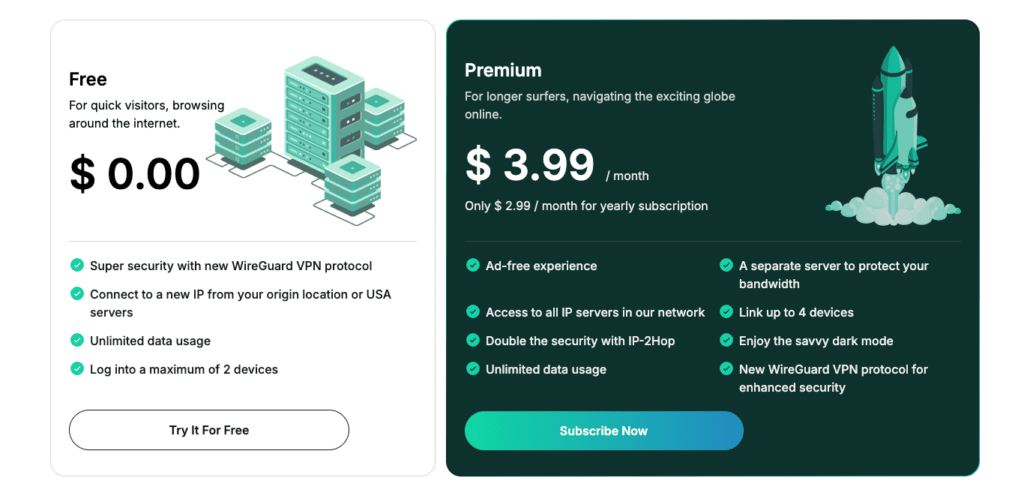
- Free VPN:
Free VPNs don’t require any upfront payment. However, they often come with limitations in terms of speed, security, and features. Some free VPNs may offer a freemium model where you get a basic service for free and can pay for additional features.
Who wins: Free VPNs are attractive because of their zero cost, but the benefits of a paid VPN make it a much better value for those who need security, speed, and reliable service.
Security
- Paid VPN:
Security is one of the biggest advantages of a paid VPN. They usually offer AES-256 encryption, one of the most secure encryption protocols available. Paid VPNs also provide kill switches, which automatically disconnect you from the internet if the VPN connection drops, and DNS leak protection to prevent your real IP from being exposed.
Furthermore, many paid services offer a no-logs policy, meaning they don’t track or store your browsing activity.

- Free VPN:
Free VPNs often have weaker encryption protocols, such as 128-bit encryption or even none at all. While some free VPNs do offer basic security features, many lack important safeguards like DNS leak protection, kill switches, and strong encryption.
Some free VPN providers also log your data and sell it to third parties to make money, which directly compromises your privacy.
Who wins: For users concerned with privacy and security, paid VPNs are the clear winner. They offer superior encryption and extra features that free VPNs can’t match.
Speed
- Paid VPN:
Paid VPNs tend to offer faster speeds because they have more servers and less network congestion. Premium providers can afford to offer high-quality infrastructure, which results in lower latency and faster connections.
Many paid VPNs also use cutting-edge protocols like WireGuard, which offers faster speeds and better performance.

- Free VPN:
Free VPNs are generally slower due to limited server resources and overcrowded servers. With more users sharing fewer servers, your connection speed can suffer. Additionally, free VPN providers may throttle your bandwidth, making activities like streaming or gaming frustrating.
Who wins: If speed is important to you, such as for HD streaming or online gaming, a paid VPN will deliver a far better experience than any free VPN.
Features
- Paid VPN: Paid VPNs has a wide range of features include:
- Dedicated IP addresses for specific use cases (e.g., online banking or accessing corporate resources).
- Split tunneling to allow you to choose which apps use the VPN and which do not.
- Ad-blocking and malware protection to prevent unwanted ads and potential security threats.
- 24/7 customer support to assist with any issues that may arise.
- Multiple simultaneous connections so you can use the VPN on several devices at the same time.

- Free VPN:
Free VPNs typically have a basic feature set, focusing mainly on providing access to a VPN server without many additional perks. Free providers often limit your bandwidth or the number of servers you can access, and they typically don’t offer the extra features available in paid versions.
Who wins: If you’re looking for advanced features like split tunneling or malware protection, a paid VPN is the better choice. Free VPNs often lack these extra tools.
Server locations
- Paid VPN: One of the most important advantages of a paid VPN is the large network of global servers. Premium VPN services have servers in numerous countries, which allows users to easily bypass geo-restrictions, access streaming content from different regions, or improve their overall browsing experience.
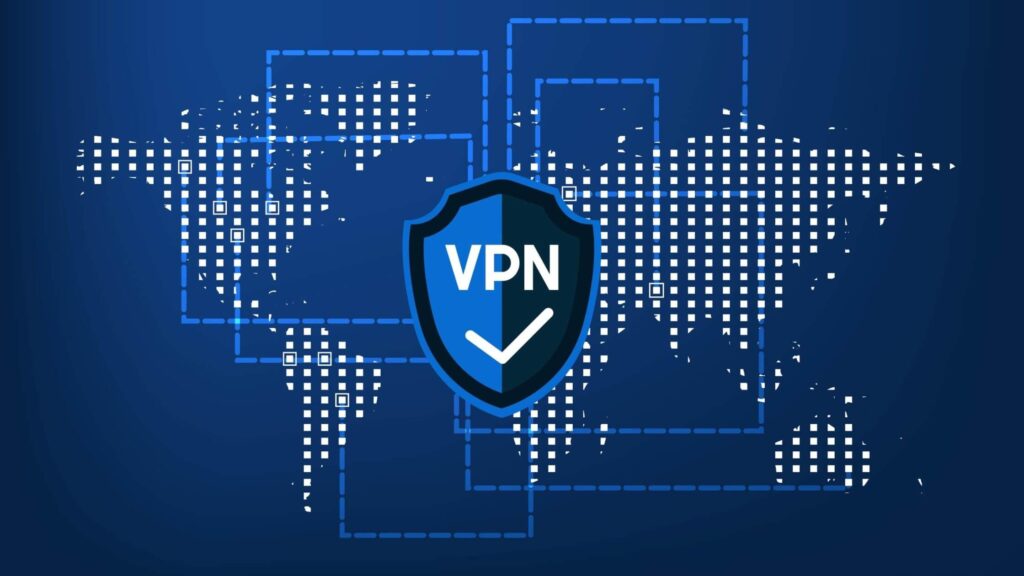
- Free VPN: Free VPNs tend to have a much smaller selection of servers. They might only offer a few locations to choose from, limiting your ability to access geo-restricted content or secure your internet connection on specific networks. Also, due to the limited server network, free VPNs are often overcrowded, resulting in slower speeds.
Who wins: Paid VPNs are the go-to choice for users who want access to a wide range of global servers and the ability to unblock region-restricted content like Netflix or BBC iPlayer.
Is TurisVPN free? The Latest Pricing Plan
Yes, TurisVPN offers a free plan for users who want casual, secure browsing without any cost. It’s a great option for those who just need basic protection and privacy online.
With the free plan, you’ll get secure access to your favorite websites, but there are some limitations, such as a 1GB daily data cap and access to your origin location and USA servers only.
However, if you’re looking for more advanced protection and enhanced features, we recommend TurisVPN Premium. Here’s a breakdown of the available pricing plans:
| Plan | Features | Price |
| Free Plan | – Secure browsing with 1GB daily data limit- Access to your origin location and USA servers only- 1 device limit | $0.00 (Free) |
| Premium Plan | – WireGuard VPN Protocol- IP-2Hop for added protection- Ads-free experience- 4 devices limit- Access to all servers worldwide- Dark mode- Unlimited data and connection time | $3.99/month $2.99/month (for yearly subscription) |
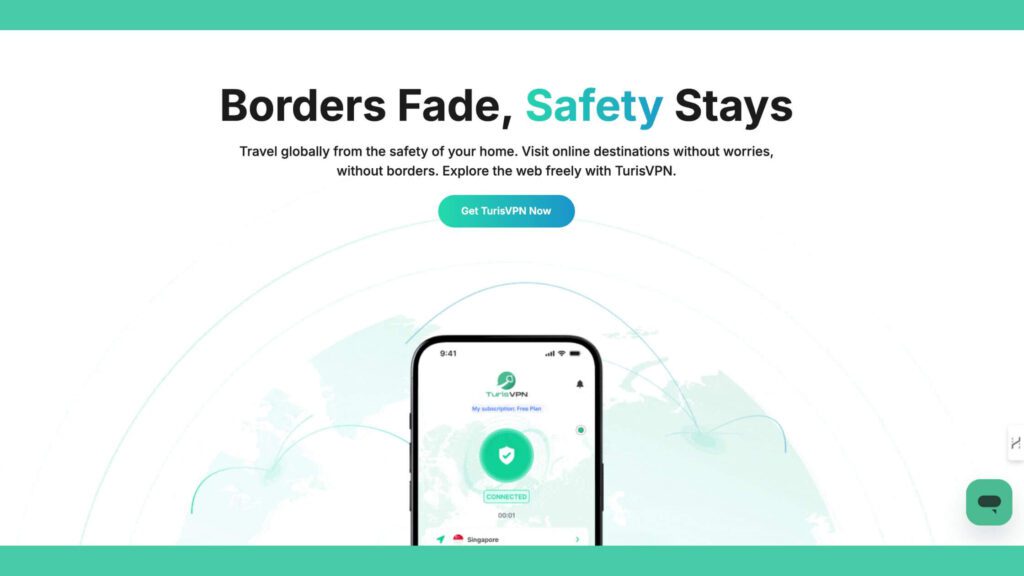
Here’s an easy step-by-step guide for you to use TurisVPN:
- Step 1: Visit the TurisVPN website and select your plan: Free or Premium.
- Step 2: Download the app for Windows, Mac, Android, or iOS and install it.
- Step 3: Open the app and log in with your credentials (free or premium).
- Step 4: Choose a server (USA for free users, all servers for premium) and click Connect.
- Step 5: Start Browsing Safely with TurisVPN
Bottom Line
The decision to choose between paid VPN vs free VPN depends on your needs. If you’re just looking for basic, occasional protection with limited features, a free VPN might suffice. However, for better security, faster speeds, and access to more servers, a paid VPN is the clear winner.
TurisVPN, with both free and premium plans, offers a secure and affordable solution tailored to all users. Whether you’re browsing casually or need top-tier protection, TurisVPN has you covered.
